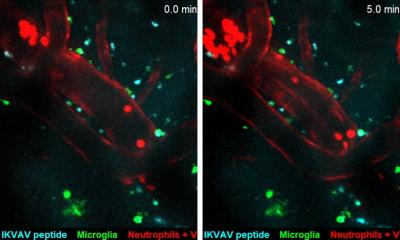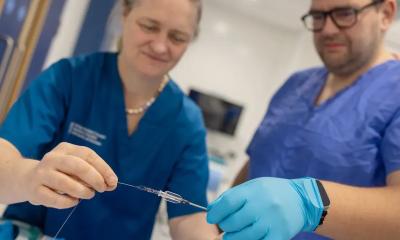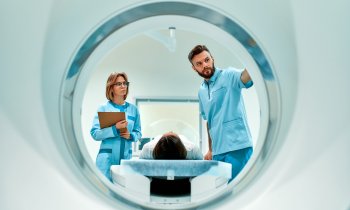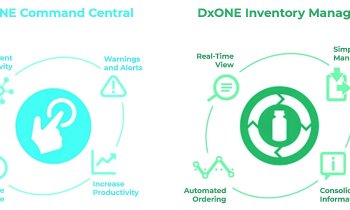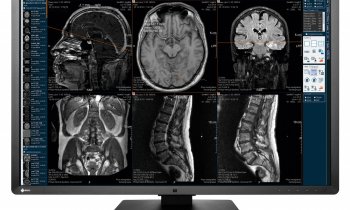News • Stroke campaign
If you suspect a stroke, act F.A.S.T.!
Stroke campaign launches in the North East as new figures show larger proportion of strokes in middle age adults
Newcastle stroke experts are backing a regional campaign launched by Public Health England (PHE). The Act F.A.S.T. stroke campaign launched in the North East urges the public to call 999 if they notice even one of the signs of a stroke in themselves, or in others:
- Face – has their face fallen on one side? Can they smile?
- Arms – can they raise both their arms and keep them there?
- Speech – is their speech slurred?
- Time – time to call 999

Current figures show there are over 64,500 people on GP registers in the North East who have had a stroke, and in 2016 1,765 people died from a stroke. It is estimated that around 30% of people who have a stroke will experience another stroke. Stroke is the third most common cause of premature death, and a leading cause of disability in the UK. There are around 32,000 stroke related deaths in England each year. Deaths related to stroke have declined by 49% in the past 15 years. This has been accredited to a combination of better prevention, earlier treatment and more advanced treatment. Getting an NHS Health Check, for those aged 40-74 years, can identify early if you are at risk of a stroke.

While the majority (59%) of strokes occur in the older generation, PHE’s figures also found that over a third (38%) of first time strokes happen in middle aged adults (between the ages of 40 – 69). More first time strokes are now occurring at an earlier age compared to a decade ago. The average age for males having a stroke fell from 71 to 68 years and for females, 75 to 73 years between 2007 and 2016.
Dr Anand Dixit, clinical lead for stroke services at Newcastle Hospitals said: “Stroke is one of the leading causes of death and disability in the UK and can affect people of all ages. Although significant advances have been made in treating patients with stroke, most of these treatments are time dependent and time is of the essence when it comes to treating stroke. Every single minute counts and can make a marked difference to someone’s recovery and rehabilitation so if you see any of the F.A.S.T. signs, call 999 immediately.”
Source: Newcastle upon Tyne Hospitals NHS Foundation
06.02.2018




